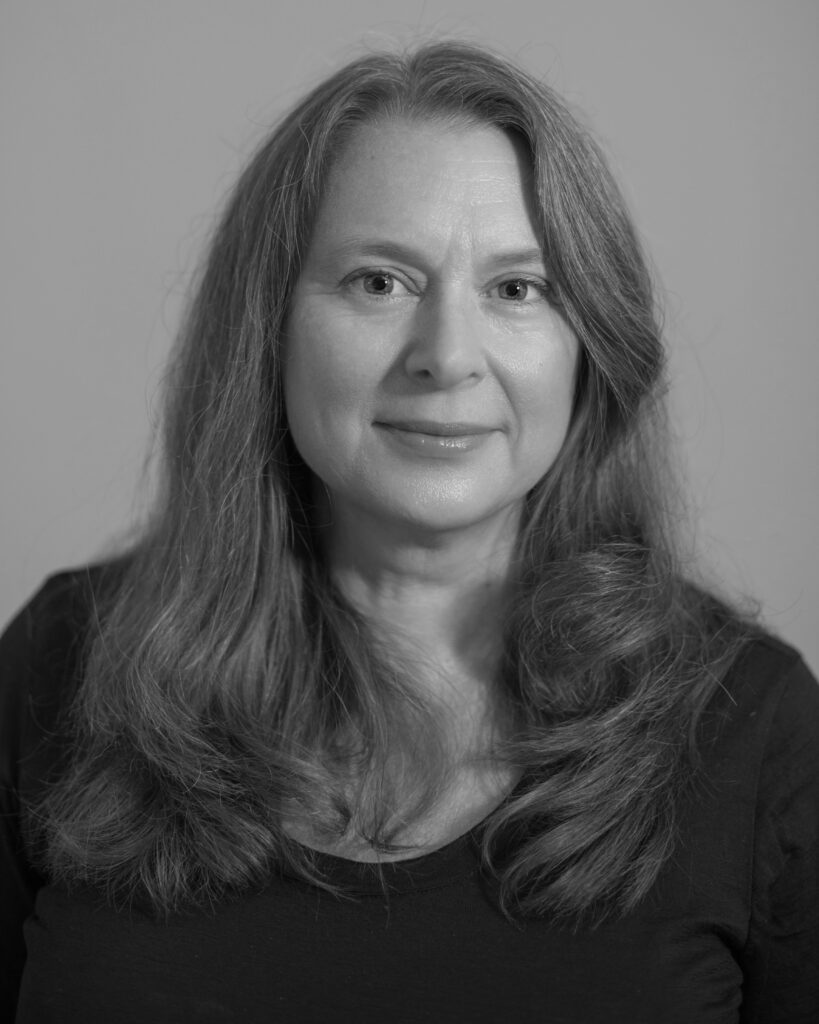Self-disclosure is the act of revealing something about oneself to another person. From a therapeutic perspective, it is telling a client something personal about myself. It was drummed into me during my counsellor training that revealing anything about my life, family, history, personal philosophies or any other factor must only be done if, and only if, it is of benefit to the client. I was emphatically told the words “Me Too” must never pass my lips. However, I believe that acknowledging I have lived experience of psychological distress may benefit others. My acknowledgment has the potential to normalise human experience. It breaks down the cycle of secrecy and demonstrates that moving forward is possible.
A history
My father was the first in his family with an education and a profession. We lived in the prosperous Southern Counties. In contrast, my father’s family were from a small industrial town in the Midlands. It was a town with narrow streets, rows of red brick terraced houses and a canal which was once used to transport clay, cloth and coal. In my grandmother’s front parlour stood never used furniture with lace antimacassars. When we made the trip north from my home in rural Hampshire, the family gathered to gossip in my grandmother’s small sitting room overlooking the back yard. Too many bodies squeezed in, children on the floor, horse brasses gleamed from the fireplace, the smell of homemade gravy, tobacco, lily-of-the-valley and Jeyes fluid permeated the air.
My aunts and uncles shared rumour and hearsay about friends and neighbours. When it was bad news, I perceived the mixture of pity and relish that my loved ones heaped into the telling of the tale. As a result I became fearful of telling anyone my problems. I thought that people lived in shame, in a place where there are no secrets. I learned later that shame and psychological pain thrive in secrecy.
A story
When I was a child I read a comic strip. A beautiful girl lived in a house with only one mirror. She believes she is disfigured because the mirror is warped. Her mother (jealous of her daughter’s youth) reinforces the girl’s belief with unkind words. A warped mirror is an excellent metaphor for the view we can develop of ourselves and our lives as we struggle to survive the psychological pain that life can inflict. Those self beliefs are sometimes reinforced by others. I reached out for help when my embodied feelings became too heavy a burden and my body said “enough”. The right therapist came along at the right time. I finally learned to live healthily with the numerous losses I had experienced. Eventually I began to thrive.
Fast forward
Here I am, a human being who is not defined by my past. Yet I acknowledge that my past is a part of my reality. There is a chance that potential clients may read this blog and back away. They may believe that I am flawed because I have alluded to a less than rosy history. To them I say, I am flawed but that has nothing to do with the experiences I have had. It is simply a universal truth that humanity is not a state of perfection. If that means you do not want to use my services, then I am not the right therapist for you.
I am not going to share my story here because I do not believe it would be of sufficient therapeutic benefit for my clients to know it. There is also a risk that a client might hold something back because they want to protect me. To them I say, therapy without truth is not therapy.
A message of hope
I did not write this blog entry to disclose my lived experience of loss or of psychological pain, but to share my experience of hope. Please hear me if you have remained silent. I speak now to the person who fears being judged; who fears not being accepted; who thinks they may not be believed; to the person who feels anxiety writhing in their body; who hears a critical internal voice saying “I’m not good enough” or “there must be something wrong with me”. I know my clients have the potential to move forward with their lives, because I did. That is a more important disclosure than any other I can offer.

Helen Clarke is a qualified Humanistic Integrative Counsellor based in Coastal West Sussex. She specialises in loss and the associated physical signs of profound, traumatic loss, such as palpitations, sleep issues, panic attacks, vivid and recurrent dreams, unexplained aches & pains, a sense of immediate and physical fear or overwhelming sadness. Follow this link for more information on Helen’s private practice. https://safespacesussex.co.uk & follow @sussexcounsell1 on Twitter
